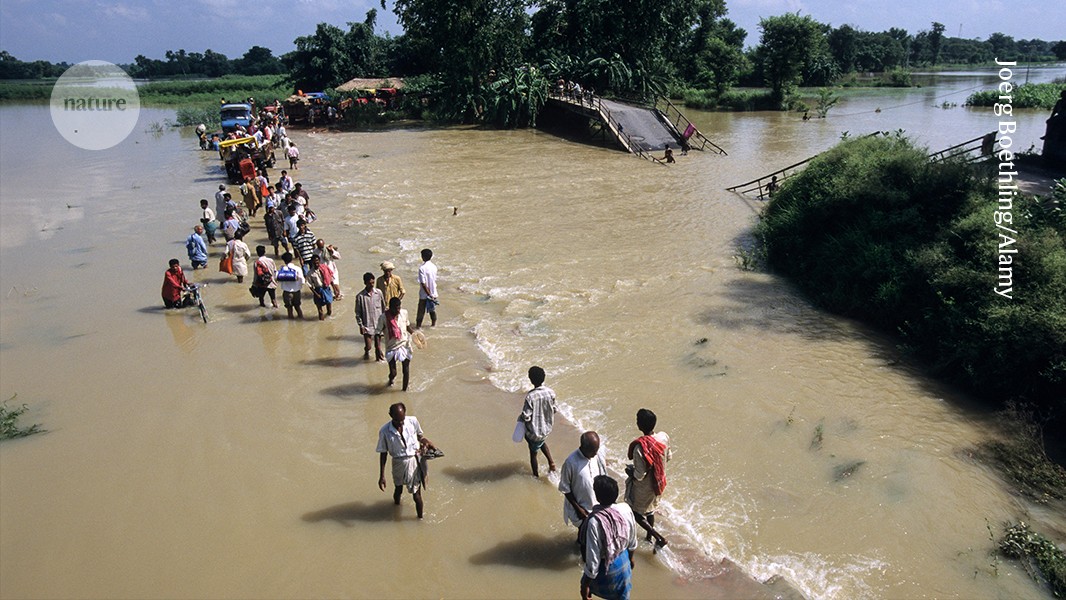#indigenous-knowledge
#indigenous-knowledge
[ follow ]
fromThe Conversation
3 months agoAn Indigenous approach shows how changing the clocks for Daylight Saving Time runs counter to human nature - and nature itself
But as an Indigenous person who studies environmental humanities, this sort of effort, and the debate about it, misses a key ecological perspective. Biologically speaking, it is normal, and even critical, for nature to do more during the brighter months and to do less during the darker ones. Animals go into hibernation, plants into dormancy. Humans are intimately interconnected with, interdependent on, and interrelated to nonhuman beings, rhythms and environments.
Philosophy
fromNature
5 months ago'Communities already have the solutions': why I advocate for Indigenous knowledge
In 2020, while writing her PhD dissertation on bringing land-restoration efforts in urban settings in Seattle under the management of Indigenous peoples, the Indigenous scientist Jessica Hernandez noticed that many of the articles and books she wanted to incorporate were not written by Indigenous people. Moreover, those that were were often not written in English. She wrote her first book, Fresh Banana Leaves (2022), as a way to help Indigenous peoples feel represented and to integrate Indigenous knowledge into scientific research.
Environment
Social justice
fromColossal
7 months agoA Multifaceted Book and Exhibition, 'Black Earth Rising' Contends with Colonialism, Land, and Climate
Terra preta, a nutrient-rich soil, was cultivated by Indigenous farmers and symbolizes themes of justice and environmental awareness in the exhibition Black Earth Rising.
fromwww.archdaily.com
9 months agoVernacular Building and AI: Can Data Alone Bridge the Gap?
Organizations such as UNESCO have raised questions around AI, especially concerning the increasing digitization of content on the Internet that often complicates the relationship with traditional knowledge systems.
Artificial intelligence
Renovation
fromdesignboom | architecture & design magazine
9 months agobrazilian pavilion on reframing infrastructure through ancestral strategies at venice biennale
Brazil's (RE)INVENTION exhibition at the Venice Biennale links ancient Indigenous knowledge with modern urban practices, critiquing infrastructure and ecology.
Environment
fromPsychology Today
9 months agoThe Trees Are Speaking, on Earth Day and Every Day
Resetting our relationship with forests is essential for ecological survival.
Nature should be revered, not commodified, emphasizing respect and reciprocity.
Caring for forests results in caring for ourselves.
[ Load more ]

